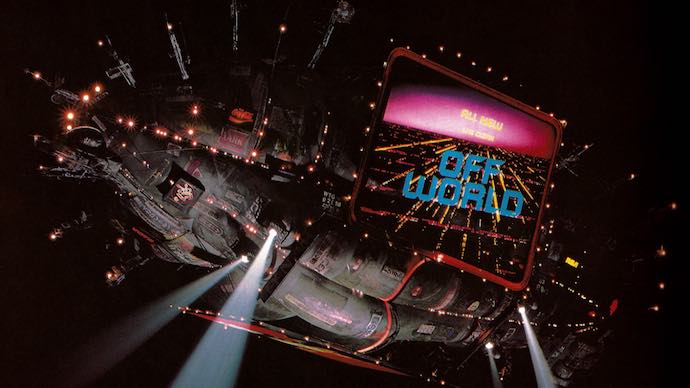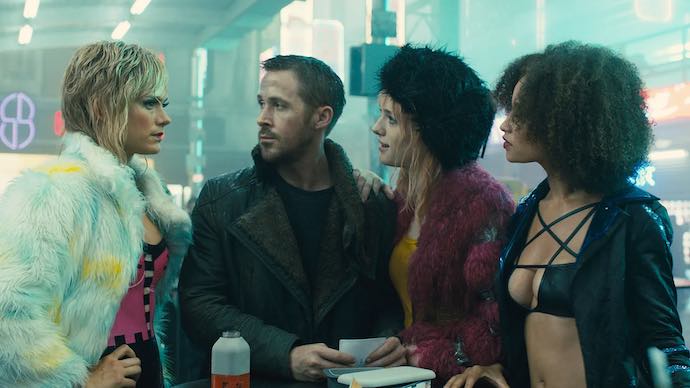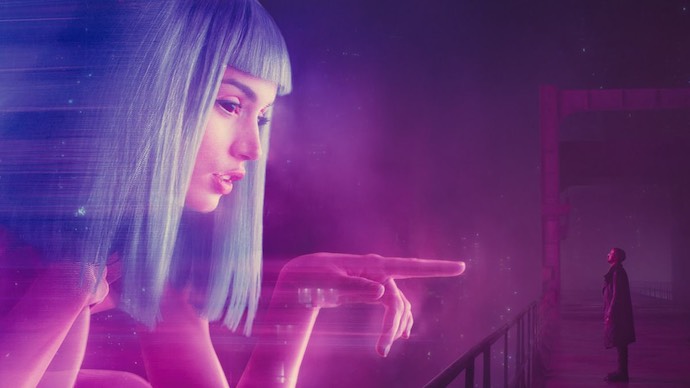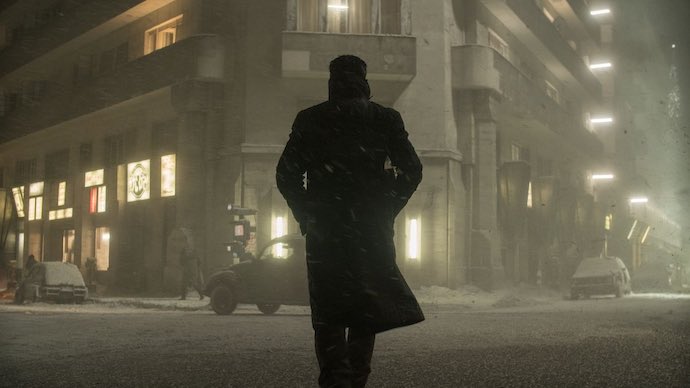Though Scott’s adaptation of Philip K. Dick’s original story Do Androids Dream of Electric Sheep? wasn’t even close to faithful, Scott produced a movie that became starkly iconic on its own merits. But that recognition took time to build up. A LOT of time. At first, Ridley Scott had to fight hard with Warner Brothers for final cut privilege—a battle that he initially lost, which led to the much-maligned theatrical cut of Blade Runner. It wasn’t until 1992 that Ridley Scott was afforded the opportunity to return and put together his own director’s cut of the picture, which wasn’t perfect but paved the way for an appreciative audience. The director’s cut of Blade Runner restored much of Ridley Scott’s original vision for the film, but Scott still wasn’t happy with it. Which is why Scott came back again in 2007 with the opportunity to finally put together the exact cut of the movie he had always wanted to make back in 1982, and the result was the ultimate version of one of cinema’s true masterpieces in Blade Runner: The Final Cut. That final cut developed into an all-time-high appreciation for the story, and so Ridley Scott was brought back for a sequel in 2017. Fans rejoiced with the release of Blade Runner 2049. Despite Blade Runner 2049’s critical acclaim, it was a huge box office failure that was unable to draw in enough viewership against its enormous production budget—and fans lost hope in a continuation. Surely nobody would ever greenlight another Blade Runner film…? Aside from the reported involvement of Harrison Ford, not much is known about the project as it remains shrouded in mystery. Still, here are several reasons why we’re excited about Blade Runner 2099!
1. The Off-World Colonies
For all the talk of off-world colonies in Blade Runner, we’ve never actually seen them—despite two films and an animated TV series. Up until now, the Blade Runner franchise has primarily shown its iconic dystopian Los Angeles and never once explored space or the planets that mankind has colonized in their expansion. Blade Runner 2099 may represent a chance for fans to finally see what off-world colonies look like in the world of Blade Runner, to glimpse what Roy Batty spoke about when he talked of the Tanhauser Gate and the shoulder of Orion. Of course, it’s by ignoring the wider expansion of humanity that Blade Runner successfully achieves a kind of lonesome, claustrophobic feeling that keeps the story rooted in Los Angeles. But this could be a chance to show off the stars for the first time.
2. The Replicants
The overall story of Blade Runner is about Replicants and how they fit into the world of humans. There’s the original group of Nexus-6 that come to Earth, searching for a way to add more years to their limited four-year lifespan. Then there’s Agent K’s search for the child born to Rachel and Deckard. Replicants have always been the crux of Blade Runner. If Blade Runner 2099 features the return of Harrison Ford’s Rick Deckard, it may finally prove whether he’s human or Replicant (which, admittedly, could ruin the mystery of his character). But the real question of Blade Runner 2099 is: “What has changed with Replicants since 2049?”
3. The Futuristic Technology
The vision of the future that’s been showcased in Ridley Scott’s franchise has always centered on pipes, rain, and profound technology—things that make the audience think about the value of the experience of life. The character of Joi in Blade Runner 2049—who was a product made to keep people and Replicants from being lonely—serves as an example of the kind of futuristic technology in the world of Blade Runner. Though she’s a hologram, she appears to feel empathy and a closeness with Agent K that feels uniquely human, and that’s a trait that permeates the core of Blade Runner’s theme. How else will technology shift and evolve in the 50 years between Blade Runner 2049 and Blade Runner 2099, and how will those changes further emphasize how we view life and living?
4. The Endless Possibilities
With the upcoming series set so far ahead of its preceding film, Blade Runner 2099 has the chance to set new boundaries, explore new places, and become its own new story beyond the last two films. Sure, fans will always want some kind of connection between Blade Runner 2099 and the prior films that helped build the franchise’s legacy. But the advantage of being set so far in the future is that the creative team behind the series can go anywhere they want. It’s hard to imagine a Blade Runner series—one that’s set 50 years further into the future—getting bogged down for being tied too closely to its forebears. Ridley Scott is known for his filmmaking style and sense of originality in everything he does. With Ridley Scott at the helm of Blade Runner 2099, the series will no doubt compliment prior work while forging its own path forward.







